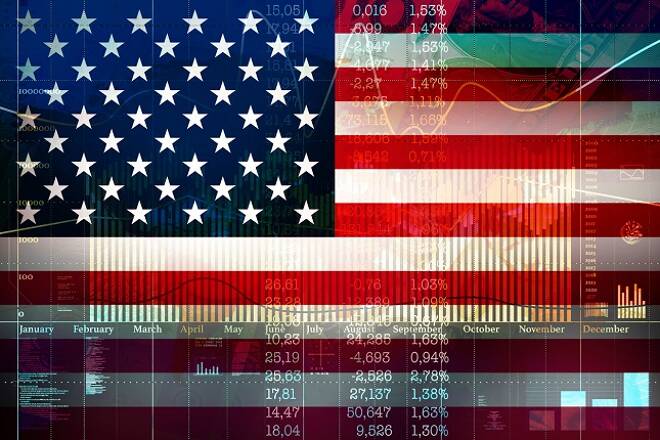Advertisement
Advertisement
U.S GDP Numbers Could Shock as the Trade War Wages On
By:
As the U.S - China trade war drags on, existing tariffs will continue to bite. It's not just China that will ultimately pay the price.
The Stats
This morning saw a mixed bag of economic data out of Asia. While stats out of New Zealand and Australia delivered mixed signals, there was one clear signal out of China.
The manufacturing sector spent a 3rd consecutive month in contraction. To make matters worse, things were not much better in October and November, where the manufacturing sector had stagnated. No actual growth in the sector for 5-months does raise some significant concerns over this year’s growth outlook.
When looking at terms of trade, trade data from other economies reflected a marked fall in demand from China.
Central banks across the region, including the RBA, have raised concerns over China’s economic outlook in recent policy meetings. As global demand softens, China’s demand for raw materials will likely diminish further. The latest PMI numbers suggest that more doom and gloom may be on the way.
Deal or No Deal
A trade agreement has yet to be hashed out by both sides. China is evidently eager to avoid being hit with fresh tariffs and incentivized to work with the U.S on resolving outstanding issues.
The reality remains however that, while the 1st March deadline to resolve trade issues has been extended, existing tariffs on Chinese goods imported into the U.S remain.
Expectations were for the U.S to look to rebalance trade terms specifically with China. Reports suggest that a lot more is being targeted. As negotiations drag on, the prospects of a rebound in the Chinese economy remains unlikely.
Contradicting statements from the U.S administration will continue to keep the market guessing on when talks will likely conclude. If USMCA is anything to go by, the markets could remain gripped by progress on trade talks for some time to come.
The Markets
In the equity markets, while a shift in FED policy has certainly provided support, progress on finding a resolution to the ongoing U.S – China trade war has been the market’s main area of focus.
After Trump’s tweet last weekend, confirming a delay to the additional tariffs, sentiment has begun to shift in recent days. The euphoria has abated and the U.S equity markets look set for a 3rd consecutive day in the red.
With so much relying on a resolution to the ongoing trade dispute, a collapse in trade talks would certainly inflict significant damage. The U.S appears to be throwing in the kitchen sink. They’ve come up against a China that is willing to listen and such an opportunity is unlikely to present itself again.
Asking for too much could ultimately backfire, however. After all, China is not a Mexico or a Canada that has historically been beholden to their neighbor.
There’s also been little chatter over the cost of the trade war on Trump’s chances to win the next Presidential election. The trade war has been a big negative for U.S farmers. While Trump may ultimately be able to garner a favorable deal, the damage may have already been done.
2020
The next presidential election is in just under 2-years. The Republicans and U.S President Trump will be mindful of the need to wrap up a trade agreement with China relatively quickly. More critically, an agreement would need to be in place to give sufficient time. For Trump to continue to receive the needed support from the mid-West, farmers will need time to recover from the extended trade war.
China’s economy has been slowing and U.S economic indicators have caused the FED to take its foot off the gas. A trade agreement may not be enough. Demand may well ultimately slide, even with a trade agreement in place.
4th quarter GDP numbers are due out of the U.S this afternoon. The figures will provide some guidance on which direction the economy is heading. Anything weaker than the forecasted 2.4% and it won’t just be China that has suffered at the hands of the latest trade war
About the Author
Bob Masonauthor
With over 28 years of experience in the financial industry, Bob has worked with various global rating agencies and multinational banks. Currently he is covering currencies, commodities, alternative asset classes and global equities, focusing mostly on European and Asian markets.
Advertisement
